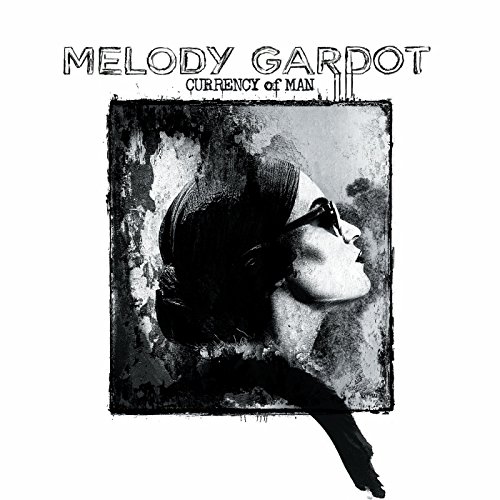
Melody Gardot
Currency of Man
Release Date: Jun 2, 2015
Genre(s): Jazz, R&B, Soul, Pop/Rock, Contemporary Singer/Songwriter, Jazz Blues, Retro-Soul
Record label: Verve
Music Critic Score
How the Music Critic Score works
Buy Currency of Man from Amazon
Album Review: Currency of Man by Melody Gardot
Very Good, Based on 4 Critics
Based on rating 8/10
When she first appeared on the scene nearly a decade ago, singer-songwriter Melody Gardot found herself lumped in with fellow jazz-pop performers Norah Jones and Madeleine Peyroux. While certainly good company, her early recordings felt a bit homogeneous and derivative to truly stand out. What she did have going for her even then, however, was a sultry vocal style that set her just enough aside from her peers to keep listeners interested even after her particular brand of easy listening began to fall out of favor.
Based on rating 4/5
Melody GardotCurrency of Man(Verve/Decca)Rating: 4 out of 5 stars She has the voice, swagger and coiled, coy danger of every femme fatale that ever tempted a ’50s gumshoe in any film noir you’d like to reference. The aural equivalent of Lauren Bacall in The Big Sleep and Kathleen Turner in Body Heat, jazz chanteuse/songwriter Melody Gardot delivers a cinematic-styled blockbuster on her fourth release. Vocally she combines Peggy Lee’s “Fever”-ish croon with the pluck of Madeleine Peyroux and Norah Jones if they were both channeling Marlene Dietrich on this trip back in time when men smoked Lucky Strikes and women seductively lit them.
Based on rating 7/10
On 2012's The Absence, Melody Gardot made her first shift away from the jazz-tinged ballads that drew such heavy comparisons to Norah Jones and Madeleine Peyroux. Lushly orchestrated, it was chock-full of songs inspired by Brazilian, Latin, and French forms. On Currency of Man, Gardot takes on a rootsier sound, embracing West Coast soul, funk, gospel, and pop from the early '70s as the backdrop for these songs.
Based on rating 3/5
As smooth singers go, Philadelphia’s Melody Gardot is more versatile than most. On her last album she explored world music; on Currency of Man, she’s gone “conscious”. It’s not quite Erykah Badu, but when you’re a Grammy-winning easy-listening artist, it’s an admirable direction. There are songs inspired by the American civil rights movement (Preacherman, with its twangy, Dusty Springfield vibe), and others that speak out about war, famine and poverty.
'Currency of Man'
is available now

